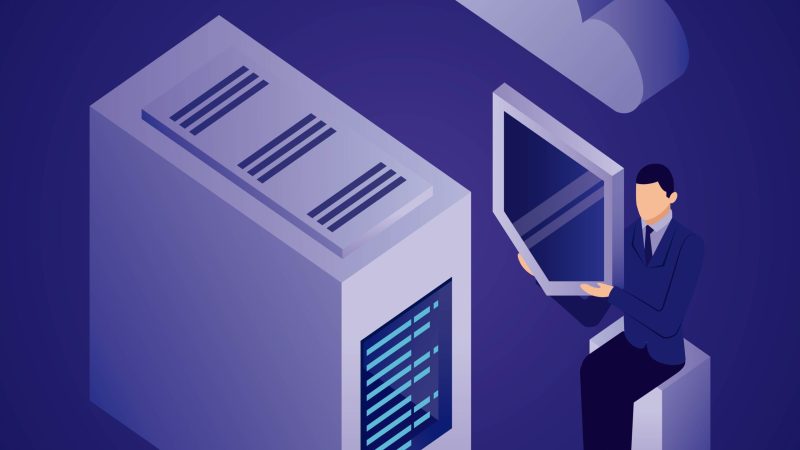Best Free Reseller Hosting Provider in 2025
Best Free Reseller Hosting Provider in 2025 30-Day Free Trial to Kickstart Your Hosting Business TrustedHosting.in offers a 30-day free trial on its reseller hosting plans, allowing you to test their services without any financial commitment. This trial period is perfect for evaluating their performance, support, and features before making a long-term investment. Comprehensive Reseller […]
Information and guidance about .htaccess
Information and guidance about .htaccess The .htaccess file is used by Apache to allow configuration changes to be made per vhost without having to access the main Apache configuration files. You can have a .htaccess file in any folder of your web files but the minimum is usually to have one in your document root. Here are some .htaccess configuration examples. […]
How to Install/Configure of Apache in Linux
How to Install/Configure of Apache in Linux Install Apache First things first, your server may not even have Apache installed on it. Install the latest version with yum, like so: yum install httpd As with all CentOS/Red Hat packages, ‘latest’ usually won’t mean the current stable version that could be found on the project website, but […]
Extending an LVM disk partition in Linux
Extending an LVM disk partition in Linux When you purchase additional disk space – either in the form of additional hard disks, or an eCloud disk extension – there are some steps that need to be performed in order to make the additional disk space available. There are two ways that the automation might present […]
Service Management on CentOS 6
Service Management on CentOS 6 On a Linux server, a service is an application that is capable of running in the background performing some task or other. This guide will detail the SysVinit system and how you can manage services with it. To keep in the scope of this tutorial as part of a Linux basics series, we’ll only […]
How to Reboot Your Server in Linux
How to Reboot Your Server in Linux Beyond kernel updates, there shouldn’t really be much need to reboot your Linux server (we’re not working with Windows after all), but it’s still an important task to be able to carry out. There are a few ways to do it: reboot shutdown -r now Both those have […]
Package Management Functions in Linux
Package Management Functions in Linux As most UKFast servers are either CentOS/Red Hat or Ubuntu/Debian, this article will only cover two of the most popular Linux package managers, yum and apt. yum Installing Packages To install a package in yum, the following syntax can be used: yum install $PACKAGE_NAME This will search the currently installed repositories for a […]
Navigating around a Linux system
Navigating around a Linux system Navigating a Linux server using SSH for the first time can be a very daunting experience for those coming from a predominantly Windows / GUI background. The principal difference from having a user interface is that you will not have a desktop, both in the visual sense and in that […]






